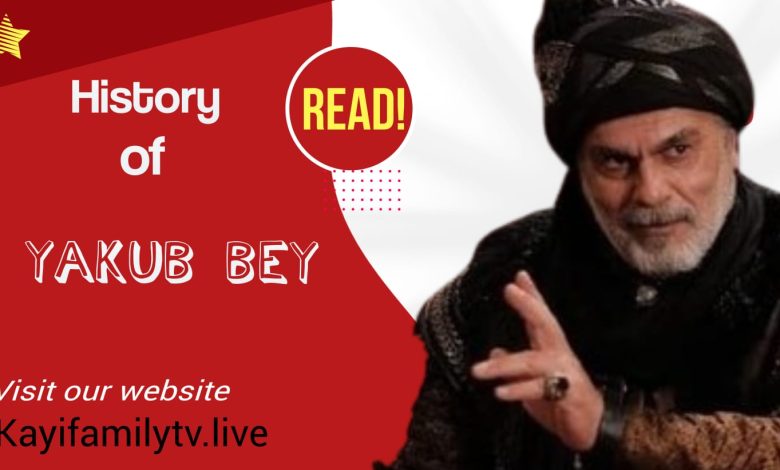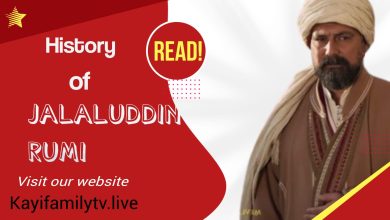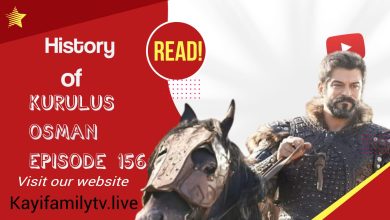Yaqub Bey-Leader of Germanic Settlement

Real History of Yaqub Bey
Biography of Yaqub Bey:
Germaniaglo Beylik, a fearless settlement, once fiercely resisted the Crusaders during the Turkish occupation. Known for its military might, fortresses, and wealth, Germaniaglo was the strongest among the surrounding nomadic settlements. Turkish history recounts numerous rulers who led this beylik. This biography highlights Yakub Bey, a prominent figure of that era.
Birth and Ancestry:
Yakub Bey, a notable 12th-century Turkish adventurer, was born in the mid-1200s. His wife, Sadet Khatun, bore him a son, Mehmed Bey, and a daughter, Gonja Khatun. Yakub Bey’s life and lineage occupy a significant place in Turkish history.
Germanic Settlement Institute:
Throughout history, various beyliks have risen to prominence, some evolving into empires. Examples include Karasi Beylik, Germaniaglo Beylik, and Berkian Beylik. Following the Seljuks’ defeat by the Mongols, Anatolia descended into chaos, with various leaders claiming sultan titles.
The Germanic settlement’s origins are debated among historians. Claude Kahn suggests it was a Kurdish-Turkic amalgamation, with its identity rooted in Turkic origins. During the 1239 Maday rebellion, the Seljuk Sultan Alauddin Kaikobad tasked Muzaffar al-Din, a leader of the German settlement, with quelling the uprising. Successfully subduing the rebels, he was rewarded with the city of Kitai and other territories, where the Germaniaglo settled.
Relationship with Yaqub Bey and Other Beyliks:
Historical records indicate constant tension between Yaqub Bey and neighboring Beys. The Germaniaglo often clashed with the Qayids, largely due to the Seljuks’ favoring of the Qayids, which sowed discord. This enmity eventually culminated in a marital alliance, bridging the hostile gap between the Kai and German settlements.
Relationship with the Seljuk Empire:
The German settlement maintained a contentious relationship with the Seljuk Empire, notably under Sultan Masud. The Germaniaglo refused to pay taxes, leading to fierce conflicts. Despite these tensions, Yakub Bey’s leadership was not as harsh as depicted in popular media. Historically, the Germaniaglo Empire endured for about 150 years, maintaining ties with the Mongol-Ilkhanids and paying taxes to secure their favor.
Year of Death:
Life’s brevity is akin to a fleeting moment, continuously moving towards the past, never to return, much like a river’s unyielding flow. Every passing moment marks a tiny death in our lives, as time extinguishes life like a flame consuming a candle.
Yakub Bey’s life followed this inexorable march towards death, culminating in his demise in 1327. Following his death, his eldest son, Mehmed Bey, succeeded him as the leader of the Germaniaglo Beylik. More





